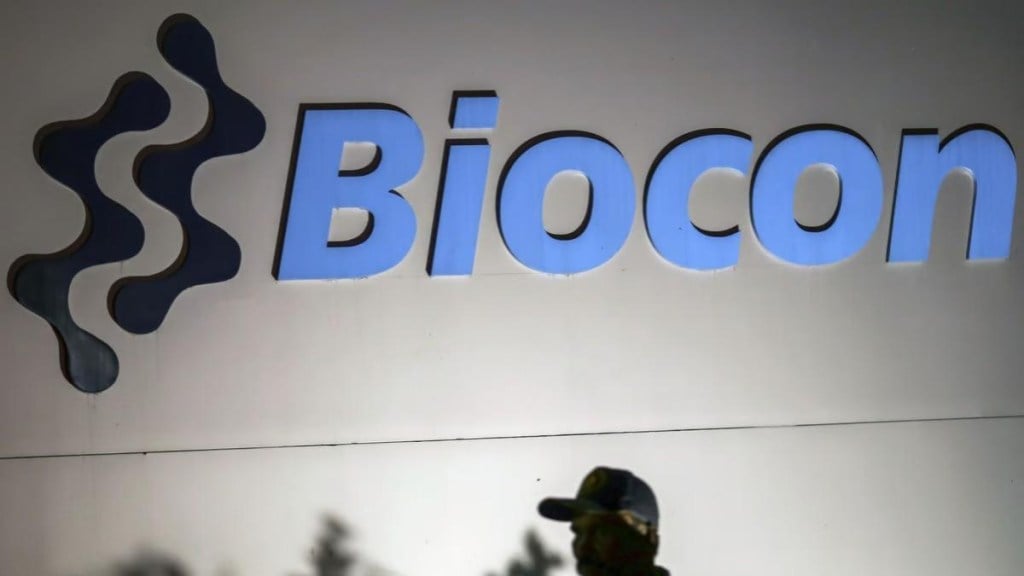Biocon Biologics Limited on Tuesday announced that it has published the results of a detailed study that provides key insights into creating a more supportive environment for biosimilars in low- and middle-income countries (LMICs).
According to the company’s press statement, the study is aimed at boosting uptake and expanding access to affordable healthcare solutions.
Biocon Biologics commissioned the study, defined the methodology and collaborated with Clarivate to develop the final report. A peer-reviewed article based on this study has been published in the prestigious Generics and Biosimilars Initiative (GaBI) Journal, it stated.
The article titled “Increasing Adoption of Quality-Assured Biosimilars to Address Access Challenges in Low- and Middle-Income Countries” outlines six policy recommendations for accessing and using quality-assured biosimilars in LMICs:
- Strengthening regulatory systems;
- Strengthening national policies to increase access and adoption of biosimilars;
- Encouraging local manufacturing;
- Providing guidance for prescribing biosimilars and increasing education on biosimilars;
- Encouraging stakeholders’ initiatives promoting access to biosimilars;
- Strengthening pharmacovigilance.
“Clarity in regulatory frameworks and pathways help in preventing delays in accessing quality-assured, affordable medicines. This is important especially in low- and low-middle income countries (LMICs) that already struggle with constrained healthcare systems. Regulatory agencies must consider a paradigm shift towards eliminating redundancies in the approval processes and fast-track commercialization of quality-assured biosimilars. Through this article, we have provided recommendations that can lead to improved adoption of biosimilars in countries with limited resources and who have the most critical need for cost-effective, high-quality alternatives to modern therapies,” Susheel Umesh, Chief Commercial Officer – Emerging Markets, Biocon Biologics, said.
Meanwhile, Dr Uwe Gudat, Chief Medical Officer, Biocon Biologics, said that non-communicable diseases (NCDs) disproportionately impact low- and middle-income countries (LMICs), where healthcare resources are particularly limited.
“Our study underscores the potential of biosimilar products to expand access to essential medicines in these regions. By offering more affordable alternatives to originator biologics, biosimilars can significantly improve patient outcomes. This review highlights the benefits of biosimilars in LMICs, drawing on data from emerging markets and proposing a call to action to strengthen regulatory frameworks, to facilitate local manufacturing, and to increase awareness of the potential that biosimilars offer for patients and health care systems,” Dr. Gudat said.
According to the study, NCDs including cancer and diabetes account for 74% of global deaths, with 41 million people succumbing to them annually. These diseases disproportionately affect LMICs, where 77% of NCD deaths occur. As NCDs disproportionately affect people living in LMICs and these countries have more limited healthcare resources, increasing biosimilar adoption can enable increased patient access to more affordable alternatives to originator biologics and ultimately improve patient outcomes.
In high-income countries (HICs), biosimilars have already demonstrated their value in reducing healthcare costs and increasing patient access to biologic treatments for diseases such as cancer, diabetes, and autoimmune disorders. In LMICs, where healthcare budgets are often stretched and large segments of the population remain underserved, the introduction of biosimilars can be transformative, the report revealed.







